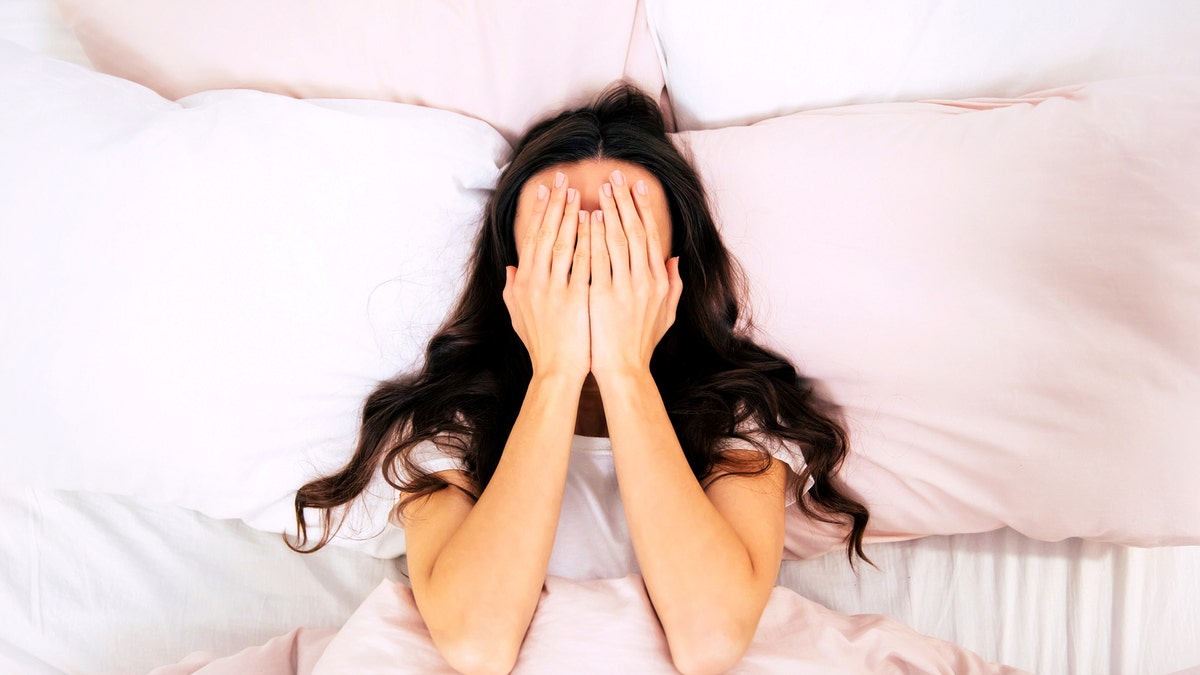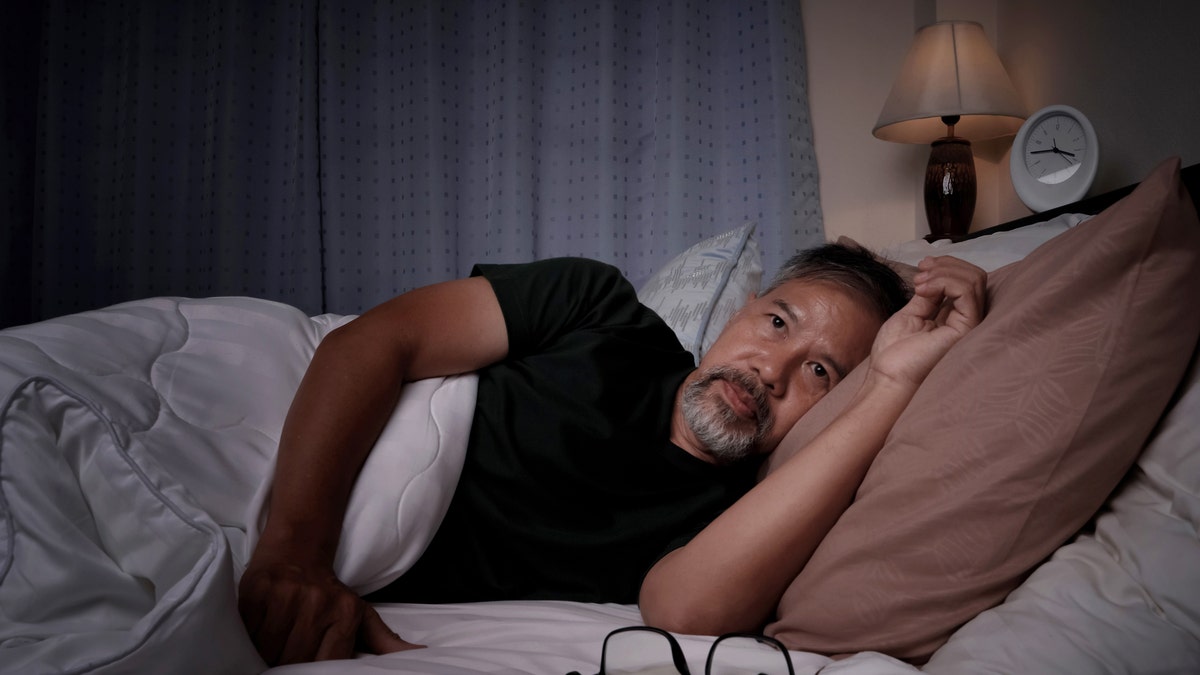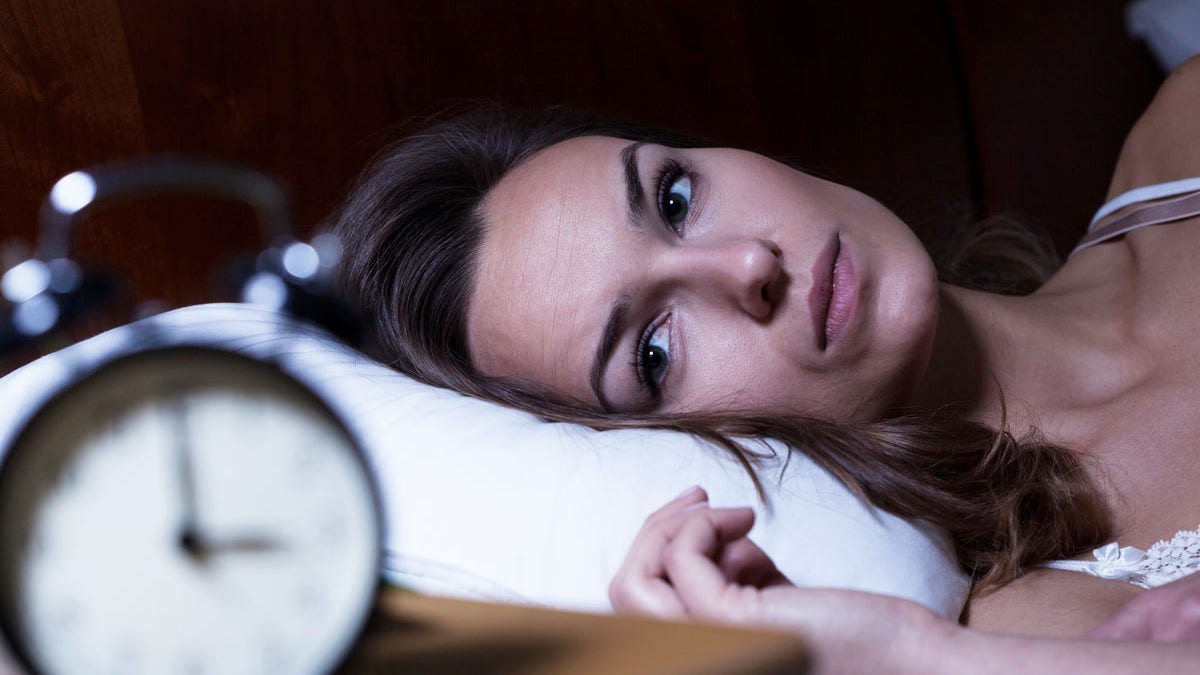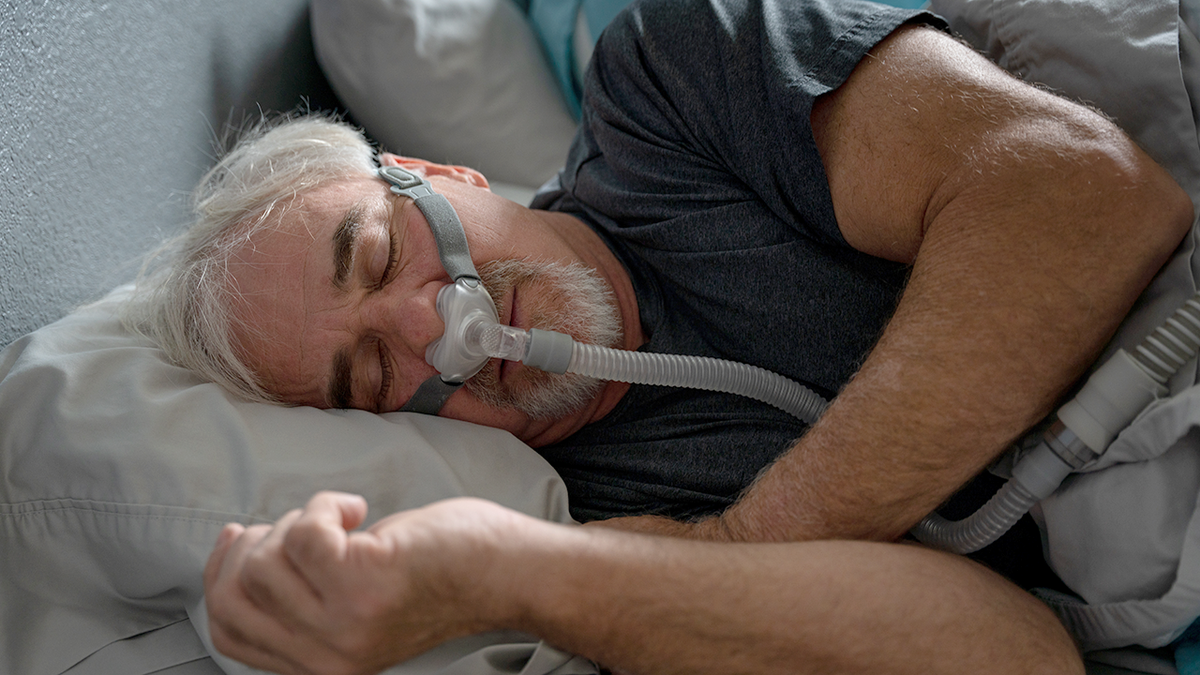Hidden sleep danger could increase risk of 172 diseases, major study reveals
NEWYou can now listen to Fox News articles!
Experts agree that seven to nine hours of sleep is ideal for most adults — but when it comes to your health, the total number of hours might not be the most important factor.
In a major new study led by teams from Peking University and Army Medical University, sleep irregularity has been linked to an increased risk of 172 different diseases.
The researchers analyzed nearly seven years of UK Biobank sleep data from 88,461 adults averaging 62 years of age, focusing on multiple traits that included nocturnal sleep duration, sleep onset timing, sleep rhythm and sleep fragmentation, according to a press release.
AMBIEN UNDER SCRUTINY AMID CLAIMS JOE BIDEN HAD BEEN TAKING SLEEP DRUG
They then compared that data to disease outcomes from the National Health Service, the Cancer Registry and the National Death Index.
They found that for 92 diseases — Parkinson’s disease and acute kidney failure — 20% of the risk was tied to poor sleep behavior.

Forty-two diseases were linked to at least double the risk. Those included age-related frailty, gangrene, and fibrosis and cirrhosis of the liver.
Poor sleep traits were linked to 1.5 times the risk of 122 diseases, including type 2 diabetes mellitus, respiratory failure, certain bone fractures and urinary incontinence.
ALZHEIMER’S RISK COULD RISE WITH SPECIFIC SLEEP PATTERN, EXPERTS WARN
Inflammatory pathways were identified as one possible link between irregular sleep and disease.
“Some common diseases showed considerable attributable risk, such as Parkinson’s disease, pulmonary heart disease, type 2 diabetes mellitus, obesity, thyrotoxicosis (hyperthyroidism) and urinary incontinence,” the researchers wrote.

The results were published in the journal Health Data Science.
“Our findings underscore the overlooked importance of sleep regularity,” said Prof. Shengfeng Wang, senior author of the study, in the release. “It’s time we broaden our definition of good sleep beyond just duration.”
“It’s time we broaden our definition of good sleep beyond just duration.”
Ashley Curtis, PhD, assistant professor and director of the Cognition, Aging, Sleep, and Health (CASH) Lab in the College of Nursing at the University of South Florida, was not involved in the research but shared her reaction to the findings.
“This study contributes to the growing evidence supporting the critical role sleep plays as a key modifiable risk factor across a range of medical disorders, particularly in mid- to late-life,” she told Fox News Digital.
CLICK HERE TO GET THE FOX NEWS APP
“However, this study also emphasizes that how we measure sleep matters in terms of what conclusions we make regarding its impact on health across the lifespan.”
Curtis highlighted the difference between self-reported sleep patterns versus objective measurements captured by wearable devices.

“Better understanding these patterns is important, because it can impact recommendations regarding what aspects of sleep we should be monitoring more closely in terms of assessing the risk of future declines in health,” she said.
“Additionally, these findings provide insight into the specific physiological sleep-related mechanisms that may be driving comorbid disease trajectories.”
The researchers noted several major limitations in this research.
The most prevalent is that the study is not representative of the nationwide population, as the participants were mainly middle-aged or elderly and therefore more susceptible to certain diseases.
CLICK HERE TO SIGN UP FOR OUR HEALTH NEWSLETTER
The sleep data was also captured at only one single point in time.
There is also a chance that external factors or “reverse causation bias” affected the results, they stated.
Curtis echoed these limitations, noting that sleep was only measured across one seven-day time period and did not consider variability in sleep patterns over time.

“Further, there was a lack of consideration of sleep disorders, such as insomnia or sleep apnea,” she told Fox News Digital.
“Given that both of these sleep disorders are highly prevalent in aging populations, there is a need for future studies that include a more comprehensive clinical assessment in order to fully elucidate the link between sleep disorder profiles and the risk of other medical comorbidities.”
For more Health articles, visit www.foxnews.com/health
The research team plans to conduct future studies to confirm causality and to measure how sleep interventions may impact chronic disease outcomes.
The study was supported by the National Key R&D Program of China, the National Natural Science Foundation of China and the Beijing Municipal Health Development Research Fund.
